MOSCOW: Russia is increasingly supplying military arms and weaponry to developing countries in what defence analysts describe as the largest post-Soviet export deals.
By striking its largest arms deal under military-technical cooperation with Asian, African and Latin American countries and agreeing to write off some Soviet-era debts, Russia is also testing the ground for sales to other solvent and arms-hungry debtors, Russian defence analysts say.
“This has become important because Rosoboronexport, the state agency whose sole responsibility it is to handle all transactions, hopes to offer competitive projects both for delivery of new armaments and for restoration, overhauling and updating armaments and military equipment that it delivers to its Asian and African partners,” Rosoboronexport spokesman Aleksander Uzhanov told IPS.
“The expected increase in the export of military goods is significantly due to changes in foreign and defence policy with the countries involved that have shown readiness to forge cooperation in this sphere with our country,” he said.
The Russian sales seek also to “strengthen its position in the global arms military technological market, especially under competitive conditions that have appeared in this activity after the end of the cold war,” Uzhanov said.
The objectives of Rosoboronexport include signing contracts for the sale of Russian weapons and military hardware abroad, and supporting projects that bolster prospects for the future.
A significant rise in revenues from exports is expected by the end of the year for the first time after the collapse of the Soviet empire, Uzhanov added, without giving concrete figures. An authoritative source told IPS that Rosoboronexport has a new portfolio of orders exceeding $17 billion this year alone.
Among the African nations, Algeria, Ethiopia and South Africa have had the largest military deals with Russia. These deals have delivered large numbers of Russian air defence systems, fighters, small arms and ships this year.
Contracts have been signed for the delivery of Russian arms and military equipment to Iran with a total value of more than $1 billion. India has imported $9 billion worth of weapons and military hardware since 1998, a source in the Russian defence industry told IPS.
“The overall arms export is undergoing some strategic changes,” Ruslan Pukhov, head of the Centre for Analysis of Strategies and Technologies, a Moscow-based defence think-tank, told IPS.
Russia, he said, aims at scaling down considerably the political influence of its rivals such as the United States, Britain and France.
Pukhov said that in the weaponry market today, aircraft account for half the arms trade, ships 25 per cent, air defence weapons 15 per cent, and weapons for the army the rest.
Uzhanov said African states are now showing greater interest in Russia’s arms, while India and China remain strategic partners. Russia continues to maintain its markets in Malaysia, Indonesia and Vietnam, and is seeking a breakthrough in Latin American states as it recently did with Venezuela.
Venezuelan President Hugo Chavez has described cooperation between his country and Russia as long-term and comprehensive. Russia and Venezuela have signed arms contracts worth more than $3 billion.
Commenting on a US announcement that the purchase of Russian arms exceeds Venezuela’s defence requirements, Chavez said: “This announcement is part of the absurd claim of the US to the role of world master. Who said that the US. has the right to decide on a defence concept for Venezuela? Only Venezuela itself has this right. We are getting rid of the American empire.”
Russian President Vladimir Putin is pushing arms sales strongly. “Intense competition on the global weapons market requires Russia to permanently adjust its government policy in military-technical cooperation with other countries,” Putin said at a meeting of the Commission for Military-Technical Cooperation.
“In terms of its significance and scope, the global weapons market is comparable with such segments of the global economy as energy and food,” he said. “Competition here is extremely strong.”
It is too early to speak about an end to the arms race, Putin said. “In fact, it is unfolding. It is essential to advance modern forms of cooperation steadily.” —Dawn/ The IPS News Service

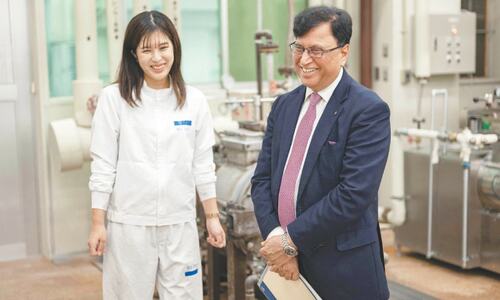
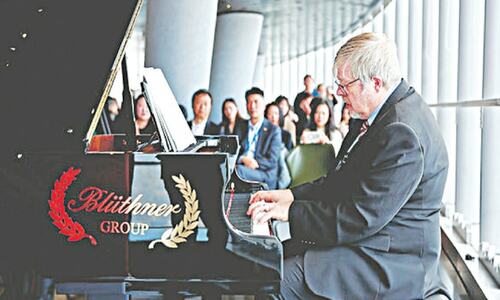
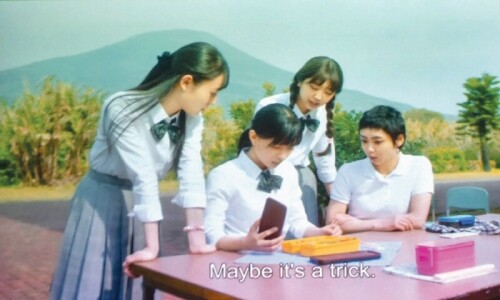












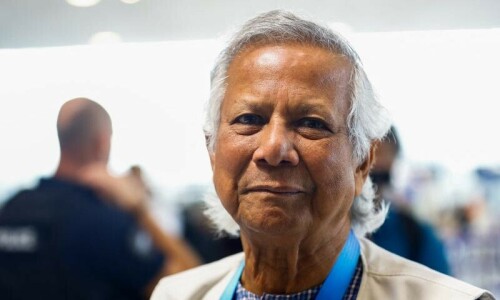
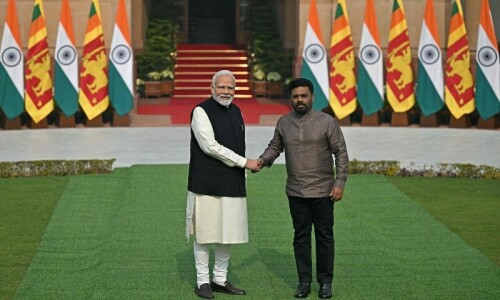

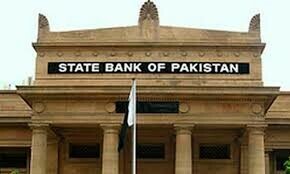
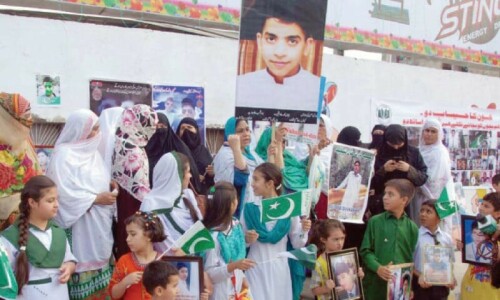


























Dear visitor, the comments section is undergoing an overhaul and will return soon.